Not long ago I read an article, the title something along the lines of “The Best Books for Aspiring Writers”. One of them was a book you may have heard of: Letters to a Young Writer by award-winning writer, Colum McCann.
Do not let the title of this book mislead you. Letters to a Young Writer is not aimed at writers young in age. For me, it refers to writers new to the craft, young in the sense of their career. This is a book I’d recommend to all writers, young and old.
At the time of writing this, I’m around halfway through the book. Each time I pick it up it fills me with inspiration to write, its pages filled with practical and philosophical advice on the craft, some of which I’ve found tremendously helpful. There’s a chance you may do too. So in this post, you’ll find five of my favourite bits of advice so far.
Creating Real Characters
McCann’s chapter on creating characters is six short pages long but they’re pages packed with wisdom.
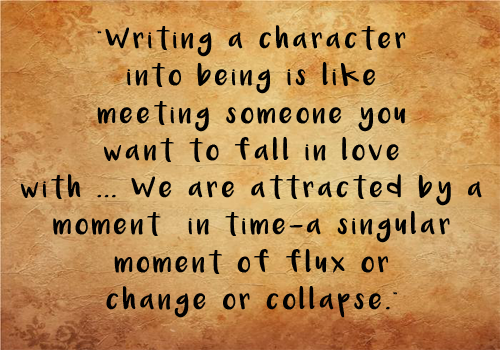
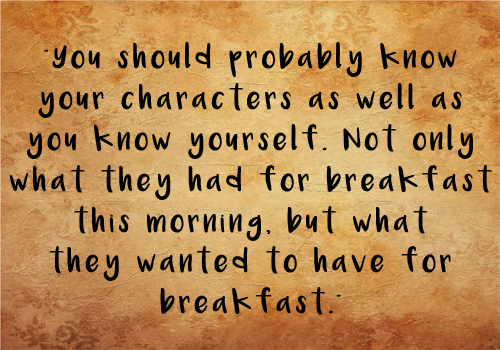
McCann provides a series of very helpful questions you can ask yourself about your characters, all with the aim of getting to know them:
“Where was your character born? What is her first memory? What does her handwriting look like? How does she cross at traffic lights? Why is there a burn mark at the base of her forefinger? Why is it that she limps? Why is there dirt under her fingernails? Where did the hip scar come from? Who would she vote for? What is the first item she shoplifted? What makes her happy? What terrifies her? What does she feel most guilty about?”
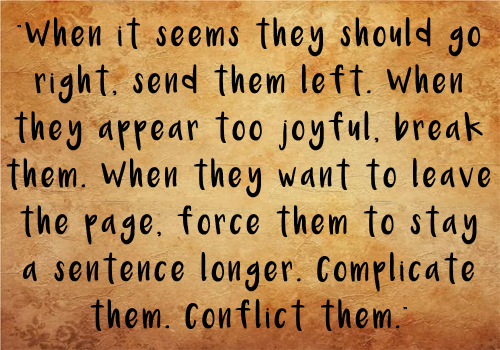
There Are No Rules
You’re no doubt sick to death of hearing about rules for writing. Well, you may enjoy this snippet of advice: there aren’t any. Or if there are, they’re there to be broken. But McCann warns that in order to reach this “fuck it” stage, you must first learn and understand those rules.
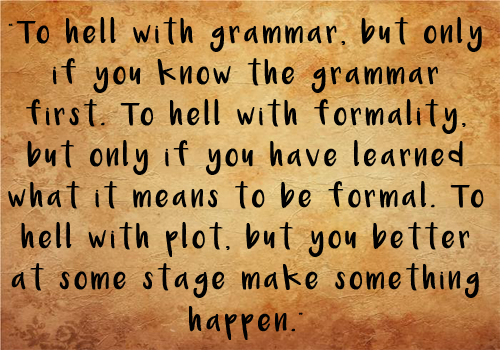
First Lines
An opening line or paragraph can make or break a story. According to McCann, they should be active, “urgent, interesting, informative … It should whisper in your reader’s ear that everything is about to change. Let us know that we’re going somewhere.”
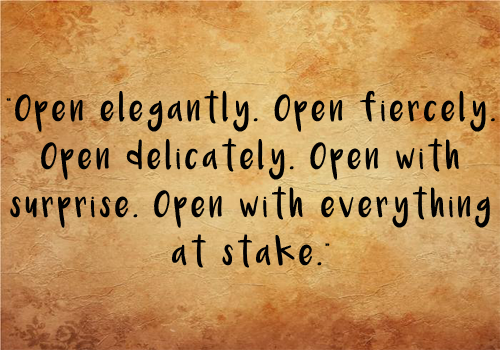
Don’t Write What You Know
You may have heard a piece of advice opposite to this one: write what you know. McCann nips this in the bud: “Don’t write what you know, write toward what you want to know. Step out of your skin. Risk yourself.”
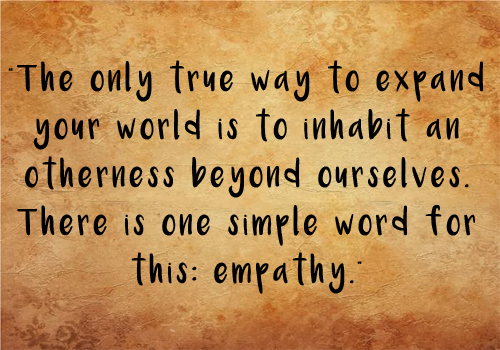
Dialogue
Dialogue is a tricky bastard to master. It’s often abused to convey unnecessary information, to hold the reader’s hand, to fill in backstory; all of which do not serve your story well.


Click here to read Part II
Thank you for reading. If you found this post helpful, why not stay in touch? As well as staying up to date with more posts like this, you’ll be kept abreast of any news and articles I think you may find helpful, as well as any new resources I release.
Speaking of resources, have you checked out my freebies? There are lists of publishers, a free ebook on the craft of creative writing, and a list of book reviewers.
- 15 Amazing Words To Describe The Moon, With Definitions And Example Sentences - May 22, 2024
- Examples Of The 5 Senses In Writing And How To Use Them - May 1, 2024
- Mastering Dialogue: The Very Best Tips - January 12, 2024




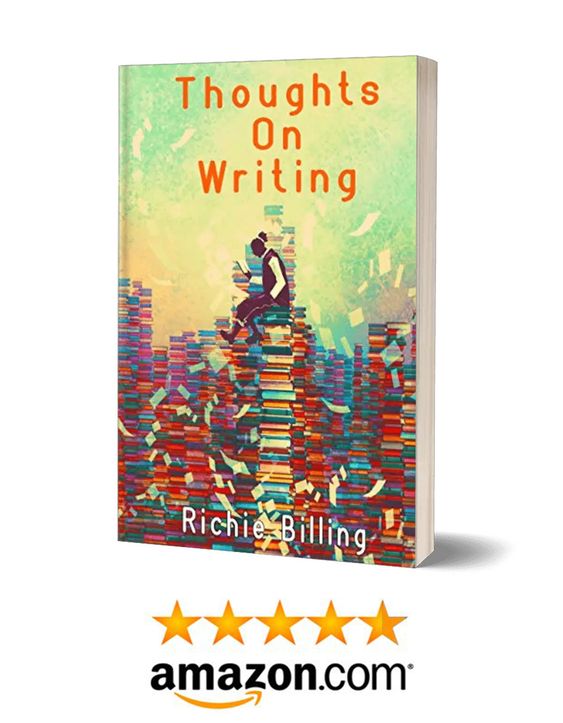
Hi Richie! Been a while since I dropped by, sorry about that! 🙂 Some pieces seem sound, others I partially disagree with, but empathy and the unheard are sparkling. Thanks! And how have you been?
hey, Richie! This piece was even MORE interesting and useful than others you’ve posted [and that isn’t an easy thing to do!] It gives me several useful pointers …! Paul
Great post and advice. 🙂
Thanks Richie, good post, well timed! I’ve just been re-reading text from an old unfinished story I want to bring to life and it needs a squib up its derriere.’Mulling over’ your characters and actually fleshing them out are two very diffferent things…Great fun though! x
Reblogged this on Ethereal Seals: Dragonsoul and commented:
A thoughtful article on writing tips and guidelines from a fellow blogger. Have a gander. Thanks for reading! 🙂
Thanks for sharing!
I definitely agree that it’s important to understand the rules before breaking them.
The remark about “people talk away from what they mean” is thought provoking.
In some ways it reminds me of a scene from an anime called FLCL. Two characters are talking, but they’re having radically different conversations. One is asking “what’s under the band aid,” asking after a secret, while the other is asking “why are you here,” sub-textually accusing the character of manipulating them and using them.
It was really interesting, how each kept asserting “their conversation” and never really addressed/engaged the other’s remarks.
That does sound interesting. A very cunning approach to dialogue. It makes sense to have to know the rules first. Otherwise how do you know you’re breaking them?